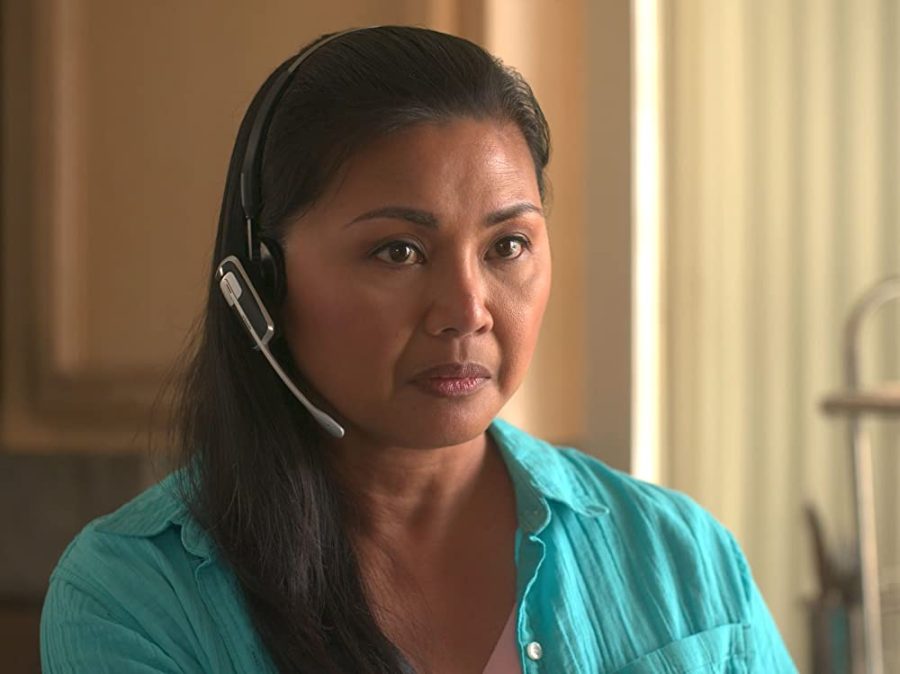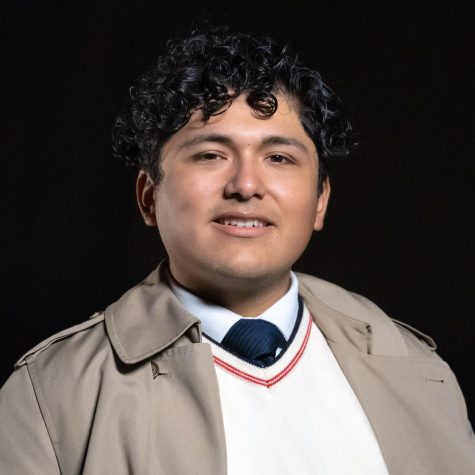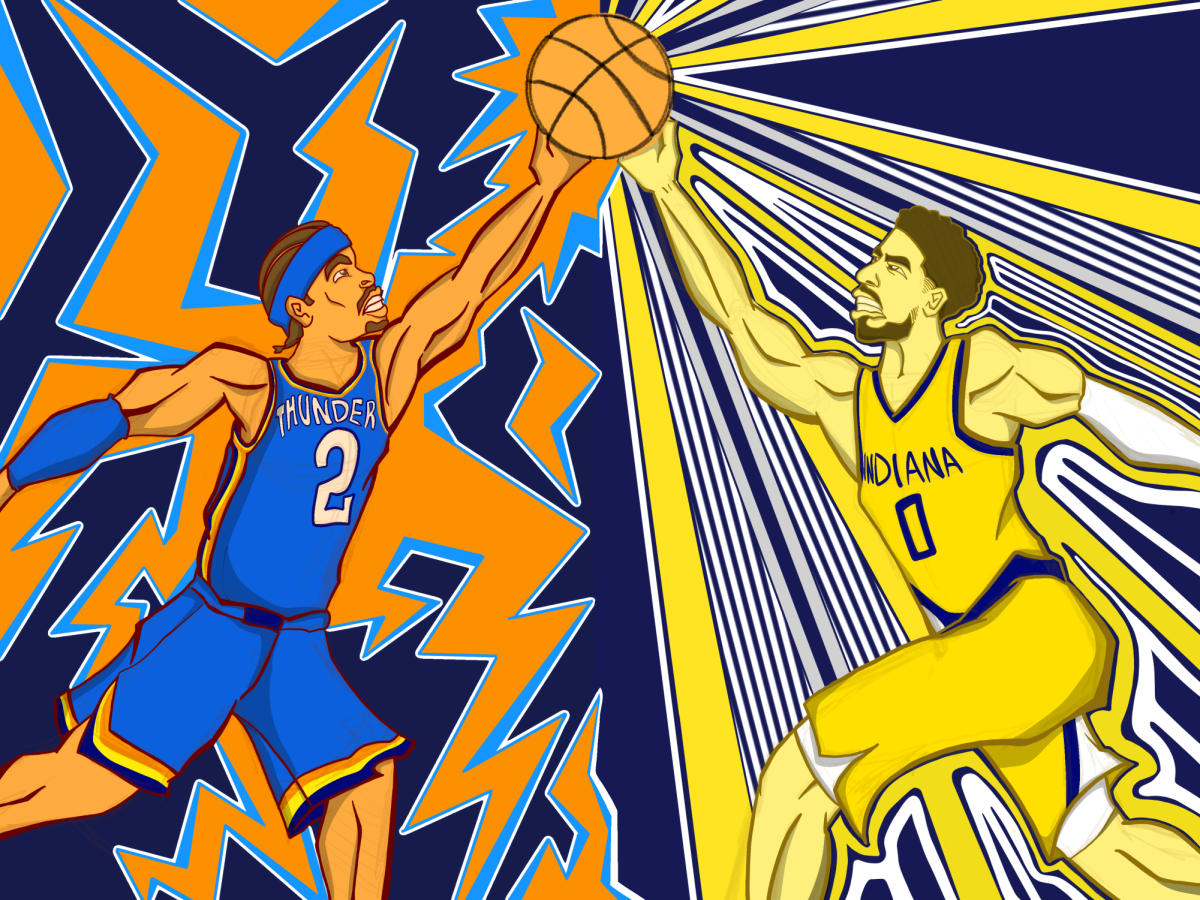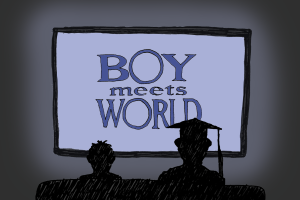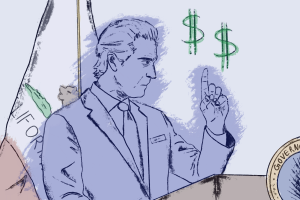Private Screening Review: “Pandemic Bread”
May 7, 2023
Professor Zeinabu irene Davis doesn’t want us to stay quiet about COVID-19, and her new short film “Pandemic Bread” is living proof of that:
“I don’t want people to forget what we went through, I want people to honor the folks who did pass away from COVID-19 and to also just remember all the things we had to do to get through this time period.” – Professor Zeinabu irene Davis.
On May 5, the World Health Organization declared that COVID-19 is no longer a global health emergency, and I have mixed feelings about it. On the one hand, I am excited that the era of chaos and confusion about COVID-19 is coming to a close. Everyone’s life was put on hold, millions of people died, and there was a palpable tension in the air that made it impossible not to notice as it permeated every inch of social and political discourse.
On the other hand, I am concerned about what comes next. My generation isn’t known for its long attention span, but rather their desire to move from event to event, keeping themselves focused on what’s to come. Which, fair enough, people my age lost two years of their academic and social lives to COVID-19. I believe that we all should have the right to try and make up for lost time. However, what I fear is that we won’t take the time to settle down and reflect on what really happened during those two years.
I believe that it’s only now that we are going to enter a brand new era of discourse surrounding COVID-19. It won’t be discourse about the effectiveness of mask wearing, the vaccine, or the social distancing policies themselves, but rather about what these aspects of the pandemic demonstrate about us as a human race. Much like the Vietnam War and its depictions in film, most of the films made about the war only came after the conclusion of the conflict. For perspective, in the 20 years of active conflict, only 13 films about the war were created. But, in the 20 years after the war? There were 45 theatrical films made (and this doesn’t include movies about anti-war movements, POWs, the veterans, soldiers missing in action, or even the documentaries about these events, which would inflate the 45 figure beyond belief). All this is to say that we can expect to see COVID-19 enter the zeitgeist of filmmaking for time to come, and UC San Diego Professor Zeinabu irene Davis is one of the filmmakers who is ushering in this new era of reflection.
Ironically, before the WHO’s news on May 5, Davis held a private screening event at The Loft at UCSD on May 4 for her brand new independent short film: “Pandemic Bread.”
“Pandemic Bread” is a three-character story that involves actress Claire Simba as Dr. Femi Balogun, Becca Godinez as Remedios, and Princess Punzalan as Luz. Luz serves as an over-the-phone interpreter during the height of the pandemic for Filipino patients who speak Tagalog. After a lighthearted call between a Filipino elder and his doctor, Luz is met with a new call between Dr. Balogun and Remedios that not only rocked her world, but also mine. Remedios is an elderly grandmother, suffering with COVID-19 in a hospital bed, with no one from her family being able to visit her during her condition. In a way, Davis placed me in an alternate universe where I saw what it would be like if my grandparents had ended up in the hospital during their bout with COVID-19.
I still remember that day, visiting my grandparents in Los Angeles, when, all of a sudden, my grandma told me my grandpa hadn’t been feeling too well. As a precaution, I administered them a PCR test, only for the both of them to come out as positive. I felt my chest go completely cold, and, although my grandma hadn’t seen the results yet, I knew she could feel the frost from my heart. Thankfully, both my grandparents are alive and remained in good condition during their two week plight against COVID-19. Like most people who probably went through similar occurrences during the pandemic, this generally isn’t a memory I like to touch upon often, let alone imagine what a worse scenario would have been like. However, Davis’ film eloquently demonstrated this alternate — yet real for some — reality to me. The face of Remedios, as she attempted to talk with what breaths COVID-19 allowed her to have, made my heart go cold in a way I hadn’t felt in a while.
But that’s the purpose of Davis’ film, “Pandemic Bread,” which marks the beginning of a new era. It puts into perspective what the WHO simply can’t do through words, it made me remember and contemplate what I wanted to forget, and hopefully it does the same for you.
If you are interested in seeing the world premiere of “Pandemic Bread,” the film will be screened at the Los Angeles Asian Pacific Film Festival on May 11 at the Regal Theater in L.A. Live in Downtown Los Angeles at 8 p.m..
Image Courtesy of IMDb


